Rather than attempt to make ailing schools’ issues “top secret,” the district should solicit support and assistance.
GOLIATH J. DAVIS, III, Ph.D. | Contributor
ST. PETERSBURG — With the declaration of unitary status, school busing ended, and school segregation resumed anew. Pinellas County Schools on the south side of St. Pete were significantly impacted. The school population became predominantly Black, followed by an exodus of long-term certified teachers.
In 2015, the Tampa Bay Times published a Pulitzer Prize-winning series entitled “Failure Factories,” which documented issues that impeded learning at five elementary schools in south St. Petersburg: Lakewood, Campbell Park, Melrose, Maximo and Fairmont Park. Violence, poor teachers and extremely high disciplinary referrals were among the issues the writers listed as plaguing the schools.
The district implemented a series of strategies and initiatives to address the issues. The Transformation Zone was created, several transformation chiefs were hired, teacher recruitment and pay incentives were enacted, and instructional leaders, principals and assistant principals were purposely recruited and assigned to lead the schools. Currently, there are 18 schools in the Transformation Zone, 13 elementary and five middle schools.
My article “Trouble in the Zone” posited there are disruptions in several Zone schools and asked whether or not the current Transformation Zone Chief, Donnika Jones, is capable of effectively managing the most challenging schools. Melrose Elementary is specifically significant, given Jones previously led it.
The salient issue now is whether or not Melrose is a schoolhouse, a place of learning, or a remnant of its old self, a failure factory.
Reportedly, there are still two principals assigned to Melrose, and recently, a student was injured by another scholar and had to be removed by ambulance. It has also been reported that a scholar “cursed out” a teacher, and she demanded the student be removed from her class.
The decision concerning where to place the scholar is also interesting. Team members are allegedly upset because Jones has allegedly ordered Principal Melanie Hill-Anderson and other team members to house the scholar in the principal’s office and take turns teaching him for six weeks. This obviously begs the question of legality.
Violence and discipline, along with poor scholarship, were issues in 2015 and were successfully addressed by former Transformation Zone Chief Nikita Reed. They appear to have returned under Jones. The school reportedly received a “B” grade when Jones was principal, and if graded today, it would reportedly be a “D” school. Hill-Anderson has only been at Melrose for a short period, so is the decline a reflection of her leadership, or was the “B” grade legitimate?
To answer this question, I went to the literature and asked educational leaders who have had no experience in Pinellas County whether or not a school’s grade could fall so rapidly in the short period of time between Jones’ departure and Hill-Anderson’s arrival. The answer is a resounding “No.”
While the population at the school has naturally changed, it is unreasonable to think the entire student body Jones led left the school and that there was a total teacher replacement. In other words, a substantial student and teacher core probably remained and were there when Hill-Anderson arrived.
Principal Hill-Anderson was recruited from Hillsborough County and reportedly had sufficient content knowledge and command of the metrics. Some suggest she is timid and easily bullied by Jones. Additionally, teachers loyal to Jones remained at Melrose and are believed to undermine Hill-Anderson’s authority.
So, the questions remain: Is Hill-Anderson inept or merely afraid to act for fear of retribution? Has she been allowed to implement her strategies or forced to follow those of her predecessor?
In any event, it is up to her to establish herself as the instructional leader. Jones must allow her to do so by recognizing the difficulty inherent in overseeing an enterprise she previously managed. The new instructional leader must have some degree of autonomy. She must also make establishing a nurturing school culture her priority. Learning cannot occur in an environment of violence and disorder.
I fully anticipate someone at the district level will ask, “How does he get so much information?” My response is a simple one: Where are their antennas? None of it is a secret. A host of individuals and parents are involved, and they speak with people who talk with others and so forth.
Rather than attempt to make these issues “top secret,” the district should solicit support and assistance. I firmly believe accountability must go beyond the schools. COQEB and the NAACP have made the district accountable through a series of lawsuits. It is now time for the community to do its part.
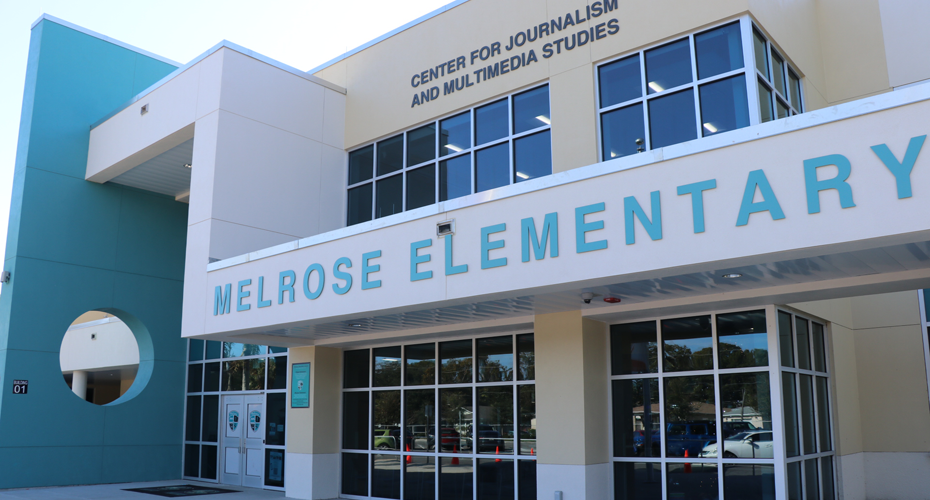
The school reportedly received a ‘B’ grade when Donnika Jones was principal, and if graded today, it would reportedly be a “D” school. Principal Melanie Hill-Anderson has only been at Melrose for a short period, so is the decline a reflection of her leadership, or was the ‘B’ grade legitimate?
Parental accountability is essential. Parents and scholars cannot expect schools to allow disruptive behavior to impede the educational endeavors of students who wish to learn and the ability of teachers to teach them. I am fully aware that some scholars have learning issues that require special attention. I recently heard a presentation by the district’s Exceptional Student Education (ESE) department and was impressed by their ability to identify special scholars and provide required services.
During COVID, we learned how to decentralize teaching and learning utilizing technology. Chronically disruptive students may need to be serviced at home with a parent or guardian until such a time they are capable of returning to a classroom environment. I recognize some parents are employed, and other accommodations must be explored.
My recommendation to Jones and Hill-Anderson is simple. Sit and have an open, candid conversation regarding your relationship, the work that needs to be done, and the subversive behaviors of some employees. Restore the school’s culture and hold scholars and parents accountable.
Lastly, Jones should stop bullying, and Hill-Anderson should go and see the Wizard and find some courage.

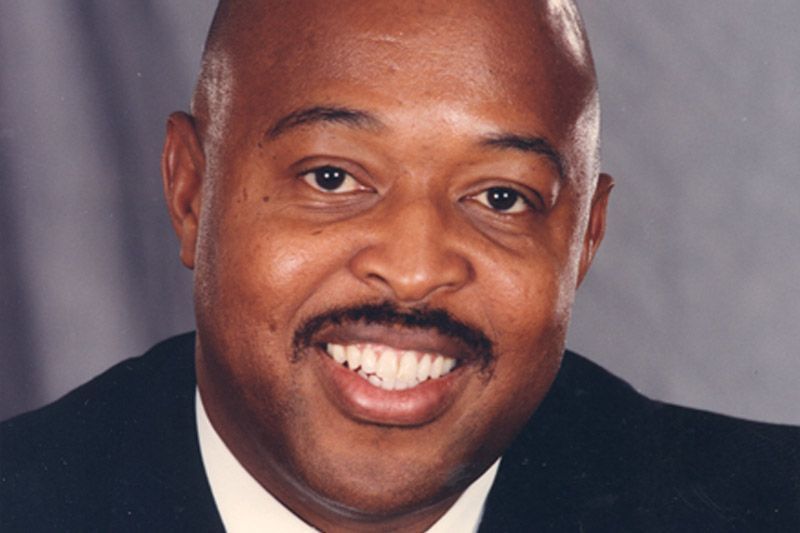
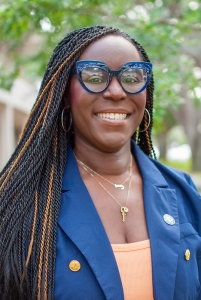

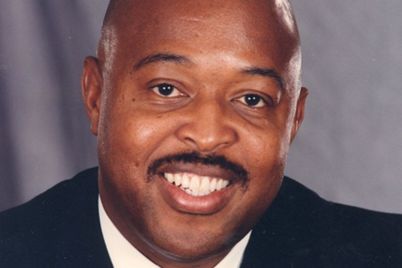

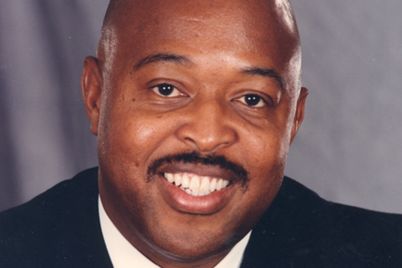




Another article about a south county school! Well let me begin with the changes that allowed the south county school to become black again. The change in the court order, was completely unacceptable as a means for educating black scholars, simply because of the housing patterns in south county. As an educator I felt that decision put scholars in an awful, awkward, and uncomfortable situation for being educated. There are absolutely to many areas to cover in this article. I will attempt to address a few. I would like to know how on earth is the administrator supposed to handle her job and teach one student? This is totally ridiculous and next to impossible for the scholars needs to be met academically or socially. Melrose is a school that has had academic and behavioral challenges for many years. School grades and school culture are two different situations. HELP!!! My opinion of what is needed to improve the level of instruction in many south country schools is money for additional staff to reduce the Teacher Pupil Ratio (TPR). A decision on how to implement policies for these schools need to be handled on an individual bases, a one size fits all will not work. I know that means money, that is better spent on scholars. A difficult decision to make to improve the situations that exist. Some changes need to be made in order to see real changes in the south county schools.
Education starts at home. Parents need to held accountable for the child’s behaviors. There are resources available, but the parents must follow through.schools shouldn’t be blamed for behavior issues. Unfortunately, it’s not uncommon for a student to cuss at their teacher.
What is transpiring in public schools in the T-Zone is repetitive, systemic issues based upon many things that have been well documented. At one point there were schools set aside to handle children who, for whatever sociological rational, were not prepared for education in a community setting. Due to social stigmas attached to those schools, the schools were repurposed away from educating difficult children. It seems that those schools are now needed more than ever. Forcing managers to educate children who are too emotionally immature to be in a classroom setting is diminishing the effectiveness of the manager. And repeats a cycle that has been well documented.